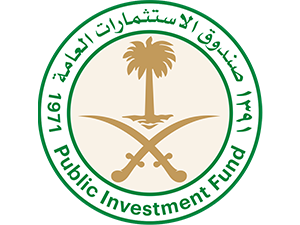There are approximately 500 million smallholder farmers worldwide. They play a crucial role in smallholder farming, especially in developing countries.
Food & Agribusiness Consultant
Expertise
The majority of the world’s farming is small-scale agriculture. According to the FAO, there are an estimated 600 million smallholder farmers around the world – constituting a significant portion of the agricultural labour force, especially in developing countries. The development of smallholder farming is pivotal, not only because it produces a substantial proportion of the world’s food supply, but also because it sustains rural economies and contributes to national food security.
Despite their crucial role, smallholder farmers and small-scale operators often face extreme adversity. They are frequently located in developing regions, face limited opportunities for commercialisation or growth, and suffer from poor infrastructure, limited access to markets, credit, and modern technologies. Furthermore, they are particularly vulnerable to the impacts of climate change, market fluctuations, and regulatory reforms.
Building capacity among smallholders could prove critical to tackling environmental, social, and economic challenges. Through external investment, governments and larger enterprises can empower smallholders and capitalise upon their growth. This approach offers numerous benefits for all parties:
At Farrelly Mitchell, we believe in the transformative impact that smallholders and SMEs can have on the food supply chain and the wider agrifood industry. Our consultants have extensive experience nurturing the growth and development of smallholder farmers and SMEs. We work alongside governments, NGOs, and private investors to introduce modern technologies, promote sustainable practices, and connect small-scale businesses with global markets.
Stay up to date with the latest agribusiness publications.
Explore our FAQ for answers to common agribusiness queries. Can’t find your question? Contact our expert team for tailored assistance.
There are approximately 500 million smallholder farmers worldwide. They play a crucial role in smallholder farming, especially in developing countries.
Smallholder farmers are vital for food security and poverty reduction. They contribute significantly to the agricultural sector, often requiring tailored smallholder services for sustainable growth.
Smallholder farmers produce about 80% of the food consumed in Asia and Sub-Saharan Africa. This highlights their critical role in the global food system.
Smallholders face challenges like limited access to finance, market information, and technology. These barriers hinder their productivity and ability to benefit from smallholder farming.
Smallholder farmers grow a diverse range of crops, including staples like rice, maize, and wheat, and cash crops like coffee, cocoa, and vegetables, adapting to local demands and conditions.
Our approach is built on a deep understanding of the challenges that smallholders and SME’s face. We act as trusted partners to governments, NGOs, and agribusinesses who seek to build smallholder capacity and drive sustainable agricultural growth. To benefit from our tailored insights and enhance smallholders’ prospects, talk to our agribusiness experts today.







Receive the latest updates from the agribusiness world, including fresh insights and more, directly in your inbox.

Our team are ready to help you on the pathway to achieving your goals in food or agribusiness.